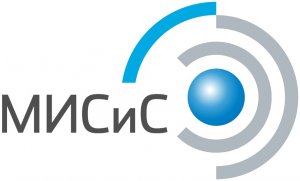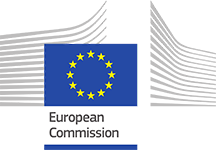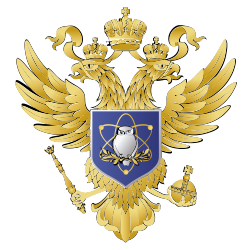Delegation from the Ministry of Education and Science of Russia discusses cooperation in science and technology with colleagues from South Africa Press-service Minobrnauki of Russia
The 22nd plenary meeting of the Board of Governors of the International Center for Genetic Engineering and Biotechnology (ICGEB) took place in Cape Town. Russia has been a full member of the organization, which brings together 64 states, since 1992.
Lyudmila Ogorodova, Deputy Minister for Education and Science of the Russian Federation and head of the Russian delegation, welcomed participants to the meeting and explained the country’s strategies and priorities in the development of biotechnologies.
The main objectives of the Russian delegation’s visit are to use the potential of the field-specific network infrastructure, involve young Russian scientists in developments in biotechnologies and bioinformatics, as well as organizing interaction with the world biotechnological community to achieve certain practical results in the field of biomedical research.
The delegation of the Ministry of Education and Science of Russia also visited organizations engaged in the field of biotechnologies: South African Medical Research Council (SAMRC), Institute for Microbial Biotechnology and Metagenomics (employing the resources and potentialities of the University of the Western Cape), the Sekunjalo Biotechnology investment company, and the BioVac South African Institute for Bioproducts and Vaccines. During the meeting, participants mentioned the need to attract institutions more actively to the Russian–South African collaboration in science and technology.
Lyudmila Ogorodova had meetings with Naledi Pandor, South Africa’s Minister for Science and Technology, and Brazilian representative Luis Enrique do Canto. They discussed the issues of setting up a BRICS working group for biotechnologies and practical fulfillment of bilateral cooperation in science and technology.
Minister Naledi Pandor emphasized the interest of South Africa in developing the opportunities of the New BRICS Development Bank in financing not-for-profit projects.
The Russian representatives were invited to take part in the international conference on global infrastructures, which will take place in South Africa on October 3-5, 2016.
International cooperation initiatives were presented for the development of GRAIN-BRICS (Global Research Advanced Infrastructure Network): creation of a pilot megaproject – the world-level acceleration experimental complex NICA (Nuclotron-based Ion Collider Facility), employing the resources and potentialities of the Joint Institute for Nuclear Research, and Russia’s interest in taking part in South African projects in the field of astronomy.
BRICS states’ activities take place in the areas of focus of field-specific working groups: astronomy; new and recycled energy and energy efficiency; information technologies and high-performance computing; geospatial technologies and their application; prevention and liquidation of natural calamities; biotechnologies and biomedicine including public health and neurosciences; Arctic research and study of the world’s oceans; nanotechnologies and materials science; water resources and neutralizing of pollution and photonics.
More information: http://минобрнауки.рф/%D0%BD%D0%BE%D0%B2%D0%BE%D1%81%D1%82%D0%B8/8433










